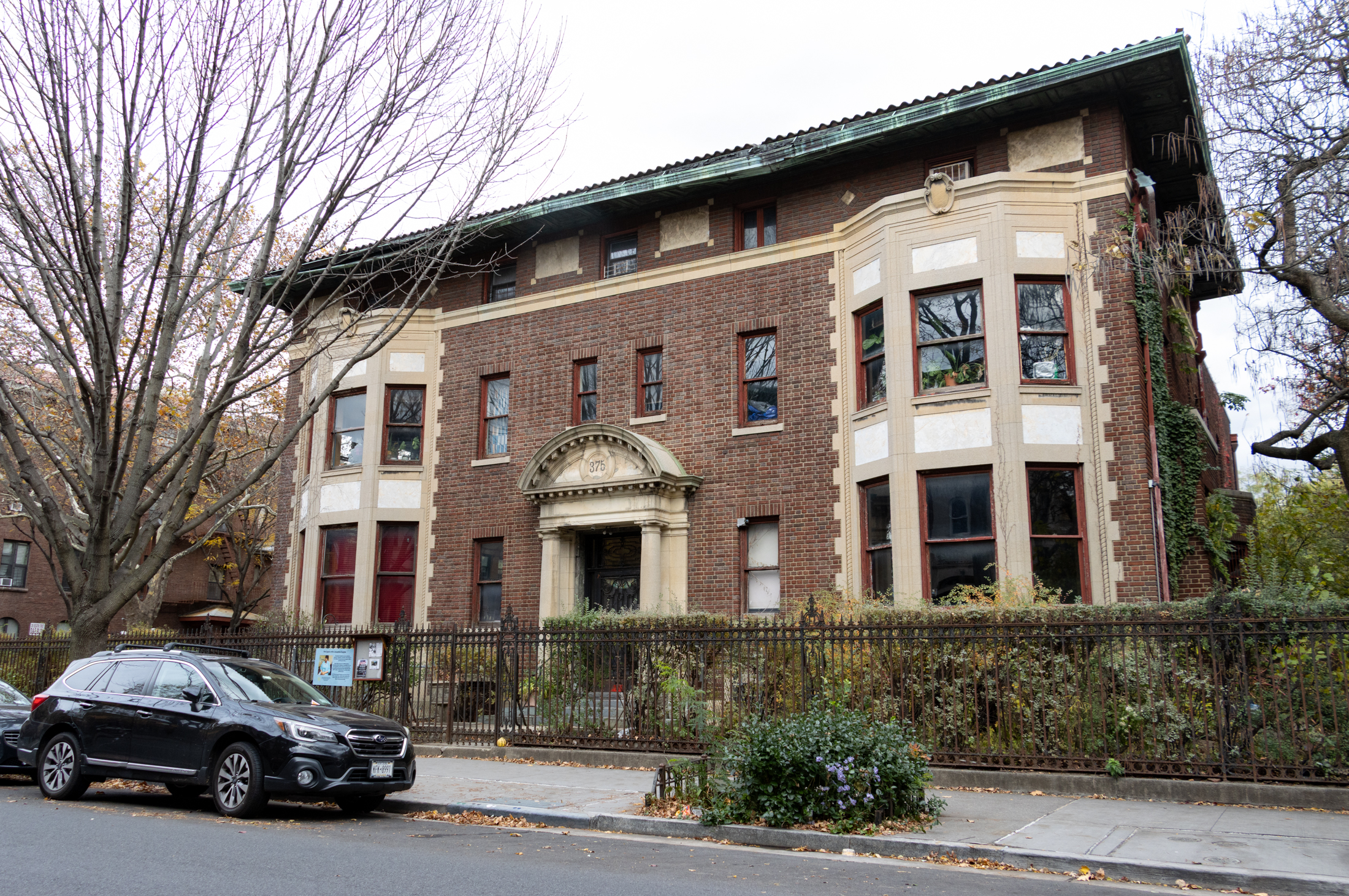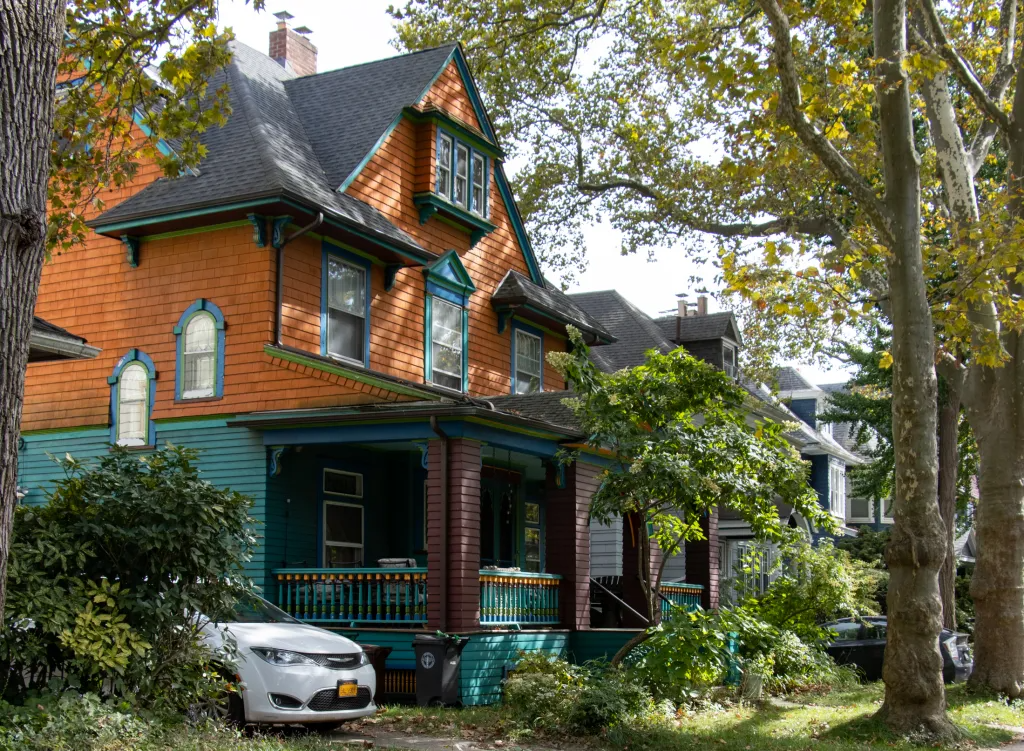Quote of the Day
When the government restricts return on any particular asset, that asset will be allowed to deteriorate until its value is low enough that it earns an acceptable return. If there is no value low enough, the asset will, one way or another, end up in the government’s hands and become a burden on taxpayers. Whoever…
![]() When the government restricts return on any particular asset, that asset will be allowed to deteriorate until its value is low enough that it earns an acceptable return. If there is no value low enough, the asset will, one way or another, end up in the government’s hands and become a burden on taxpayers. Whoever used the old saw “market failure” earlier in this discussion has successfully memorized a popular socialist catch phrase but does not appreciate the law of unintended consequences. If you force landlords to rent units at below market rents, the affected housing stock will slowly deteriorate. The remaining housing stock becomes prohibitively expensive, and new renters find it difficult or impossible to get into the below market units. The below market units effectively become a one-time property transfer from landlords (who actually took risk in buying and spend money for upkeep and repairs) to whoever had the dumb luck to be in a controlled apartment when the rules took effect. The controlled housing stock is tightly clutched in the hands of a less and less deserving population until it has to be pried from their dead hands, while over time the people who actually need affordable housing stock find it impossible to find because everything that isn’t being held until death is overpriced.
When the government restricts return on any particular asset, that asset will be allowed to deteriorate until its value is low enough that it earns an acceptable return. If there is no value low enough, the asset will, one way or another, end up in the government’s hands and become a burden on taxpayers. Whoever used the old saw “market failure” earlier in this discussion has successfully memorized a popular socialist catch phrase but does not appreciate the law of unintended consequences. If you force landlords to rent units at below market rents, the affected housing stock will slowly deteriorate. The remaining housing stock becomes prohibitively expensive, and new renters find it difficult or impossible to get into the below market units. The below market units effectively become a one-time property transfer from landlords (who actually took risk in buying and spend money for upkeep and repairs) to whoever had the dumb luck to be in a controlled apartment when the rules took effect. The controlled housing stock is tightly clutched in the hands of a less and less deserving population until it has to be pried from their dead hands, while over time the people who actually need affordable housing stock find it impossible to find because everything that isn’t being held until death is overpriced.
— by lechacal in Democratic Assembly Passes Pro-Tenant Legislation





parkedslope, I do agree that a controlled apt should go not to a relative unless (s)he’s been living in the apt.
bxgrl, I’ve been a “small” landlord for over 20 years and a dozen tenants by now, and I don’t feel very seigneur-ial over my space; I figure I gave up a lot of “rights” when I made the decision to run it as a business. Of course, I’ve also been lucky to have had only good tenants. And that’s what I see missing in the LL views: that they made the decision to let other human beings into their space, and so they “owe” them a little respect beyond getting the thermostat set right.
cmu- because my closest friend is a LL I see that point of view too. And I venture to guess that the majority of small landlords are not making fortunes on their homes- just looking to keep them. I don’t think with them its a sense of entitlement so much as a defend your investment- and honestly they have that right. But some of them go overboard- true. I once took offense to a ll who told they had to have white curtains in the living room because they wanted the house to look a certain way from outside. And yes- a lot of them have made really obnoxious comments about renters. Ah well- on b’stoner we all say stupid stuff. You can take some comfort from the fact that LL’s need tenants. It’s their karma 🙂
Mopar – thanks for the clarification.
What again distorts the situation in NYC is the ability to pass-along a rent controlled lease from one family member to the next – period.
This has created a privileged class of renters. I’m not sure how anyone can actually defend such a system.
fsrq is technically correct that SF has “total vacancy decontrol” but it’s a meaningless phrase in the context of SF. It is a totally different rent control system than any of the forms NYC has had.
It’s very very very simple. Every rental apartment in SF is under the rent control law. The law is this: When the unit becomes vacant, you can charge whatever you want and the market will bear. When there’s a tenant in it, you can raise the rent no more than what is permitted by law in accordance with cost of living increases. This varies, but was never less than 4 percent when I lived there. If the landlord moves into the apartment, the tenant must vacate.
It’s not perfect, but it works fairly well. Basically, it ensures that renters have about as much control over their housing costs as owners. It prevents sudden rises in rents on existing tenants. But rents don’t become so out of whack landlords can’t maintain the building.
bxgrl, well said. “…or any of you who bought a house and have tenants in the house too, are a far different animal”…It’s interesting that tho’ you make distinctions between large LLs and homespun ones, the attitudes may not be dissimilar. We can assume there are no large LLs on this board.
But time and again I have heard the most destructive, antagonistic, mistrustful statements made about tenants here…from small landlords. Coupled, of course, with the entitlement of ownership (it’s my house and I can tell my tenants how to live). This does not make me feel sympathetic to their issues with the occasional tenant-from-hell.
citykitty- did you k now many tenants in Cambridge? Funny how easy it is to overlook the consequences for other folk.Especially when its easier to look the other way.
“Cambridge, MA had rent control for decades, and it was ended in the mid-90s without dire consequences, as far as I know.”
I’m guessing it was dire for many of the of people who had to move out of the area. I was able to stay, but many were not.
it is a great discussion, cwb-thanks for throwing the gratutitus insult. Where would we be if a b’stoner thread didn’t have at least 1 per thread 🙂
I’m thoroughly confused- but I get that way when people can look at the same issue and come out with 2 entirely different and opposing interpretations. The new regulations seem to be good for tenants but in the long run, no.And it certainly is unfair to landlords. But the main point is how to fix the system to be fair to both sides. First ought to be recognition that there are different kinds of landlords- those like the great EVLL, or any of you who bought a house and have tenants in the house too, are a far different animal than landlords who invest in properties and real estate strictly as a business.
I know the laws apply differently based on the type and size of properties, but small landlords need more protection. Passing down a rent control apartment to our heir? If you’ve been living there for years with your family, that’s one thing. Moving back in to get the lease- hell no. But unless we rethink the landlord/tenant relationship we will never resolve this.
I think its pretty obvious from the opinions expressed that landlord/tenant relationaships are seen as adversarial, not symbiotic- maybe that’s the free market, but the Wild West free market so dear to our American/capitalist hearts has proven far less than ideal these days. It’s a nice, philosophical idea but the reality lately sucks. No country, and no government can really exist as completely capitalist or socialist. My taxes pay for roads and schools. At some level we don’t function without “socialism.”
Tossing around labels neither define the problem, nor do anything to address it. They just get everyone worked up.
Dr. Adrian Rogers: who the hell is he? I’m afraid I don’t keep up with right-wing sputterings.
SF has stronger tenants rights than NYC. It’s harder to evict tenants there. And are you sure it has total vacancy decontrol? Things may have changed since 2001 when I was last there.
HOusing vouchers would not be “fought over” by landlords; they would be used as a discriminatory tool (to add to others,) as presumably they’d be wielded only by the lower class tenants.